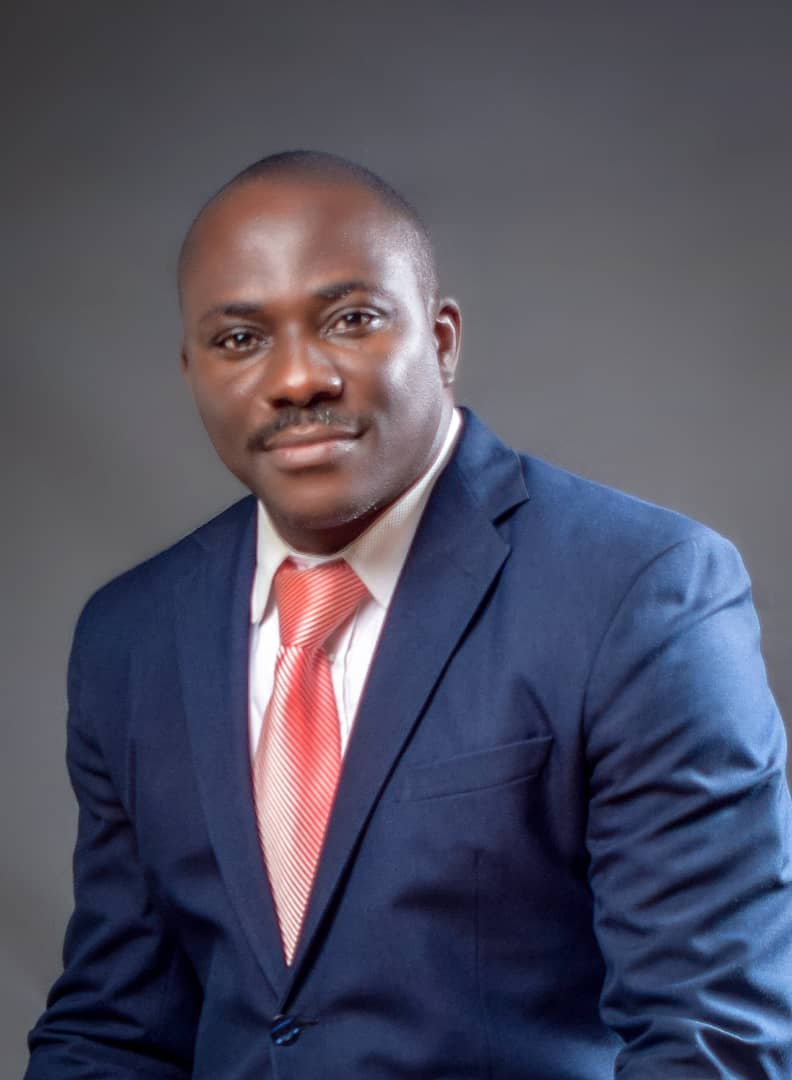Bio
 Dr. Bawo James (MD), is from Benin City, Nigeria. He holds postgraduate qualifications in psychiatry, epidemiology, and management. Since 2010, he has worked as an addiction psychiatrist at the Federal Neuropsychiatric Hospital in Benin City, where he heads the Drug Abuse Treatment Education and Research (DATER) Unit. His role includes clinical care, program oversight, training, and research. Dr. James is a Humphrey Fellowship alumnus, a master trainer for TREATNET, and national trainer for the Universal Treatment Curriculum (UTC). He is also an executive of ISSUP, Nigeria Chapter as well as the Nigerian Society for Addiction Medicine (NSAM). Recently, he assumed the role of Director of the Nigeria International Technology Transfer Centre (Nigeria ITTC) focused on systems change to improve the efficiency of Nigeria’s drug prevention and treatment efforts.
Dr. Bawo James (MD), is from Benin City, Nigeria. He holds postgraduate qualifications in psychiatry, epidemiology, and management. Since 2010, he has worked as an addiction psychiatrist at the Federal Neuropsychiatric Hospital in Benin City, where he heads the Drug Abuse Treatment Education and Research (DATER) Unit. His role includes clinical care, program oversight, training, and research. Dr. James is a Humphrey Fellowship alumnus, a master trainer for TREATNET, and national trainer for the Universal Treatment Curriculum (UTC). He is also an executive of ISSUP, Nigeria Chapter as well as the Nigerian Society for Addiction Medicine (NSAM). Recently, he assumed the role of Director of the Nigeria International Technology Transfer Centre (Nigeria ITTC) focused on systems change to improve the efficiency of Nigeria’s drug prevention and treatment efforts.
Abstract
The Hubert H. Humphrey Fellowship Program at Virginia Commonwealth University
The Hubert H, Humphrey Fellowship Program was established in 1978 to honor the accomplishments of the late US Senator and Vice President, Hubert H. Humphrey. It is a Fulbright exchange activity that brings accomplished professionals from selected countries to the U.S. at a mid-point in their careers for a year of study and professional experiences.
Fellows are nominated by U.S. Embassies and Fulbright Commissions based on their potential for leadership in a wide range of fields. Fellows participate in a variety of educational and training experiences including academic coursework, a specially designed seminar, conferences and workshops, cultural excursions, and a professional affiliation with an organization in their particular areas of interest.
Now completing its 16th year, the primary focus of the VCU Humphrey Fellowship Program is on drug abuse prevention, treatment and policy. Since its initiation, the VCU program has had a strong record of accomplishments. Evaluation results indicate that at one year following completion of their fellowship, nearly 70% of the fellows had started a new job, with approximately 70% of those fellows reporting that their fellowship helped them obtain their new position. In addition, a large percentage of fellows continued to actively engage in professional development activities, including approximately 20% of fellows who had enrolled in an academic degree program. Finally, nearly 40% of the fellows continued to collaborate with a US partner after completing their fellowship.
In this session, the director of the VCU Humphrey Fellowship Program, Dr. J. Randy Koch, will provide an overview of the goals, structure and content of the training program, and one of the program’s alumni will describe how his/her participation in the program increased his/her ability to advance the field of drug abuse prevention, treatment and policy.
(This work is supported in part by the Humphrey Fellowship Program under a granfrom the U.S. Department of State, Bureau for Educational and Cultural Affairs. The work reflects the views of the authors and not necessarily the views of their employers or the Department of State.)
